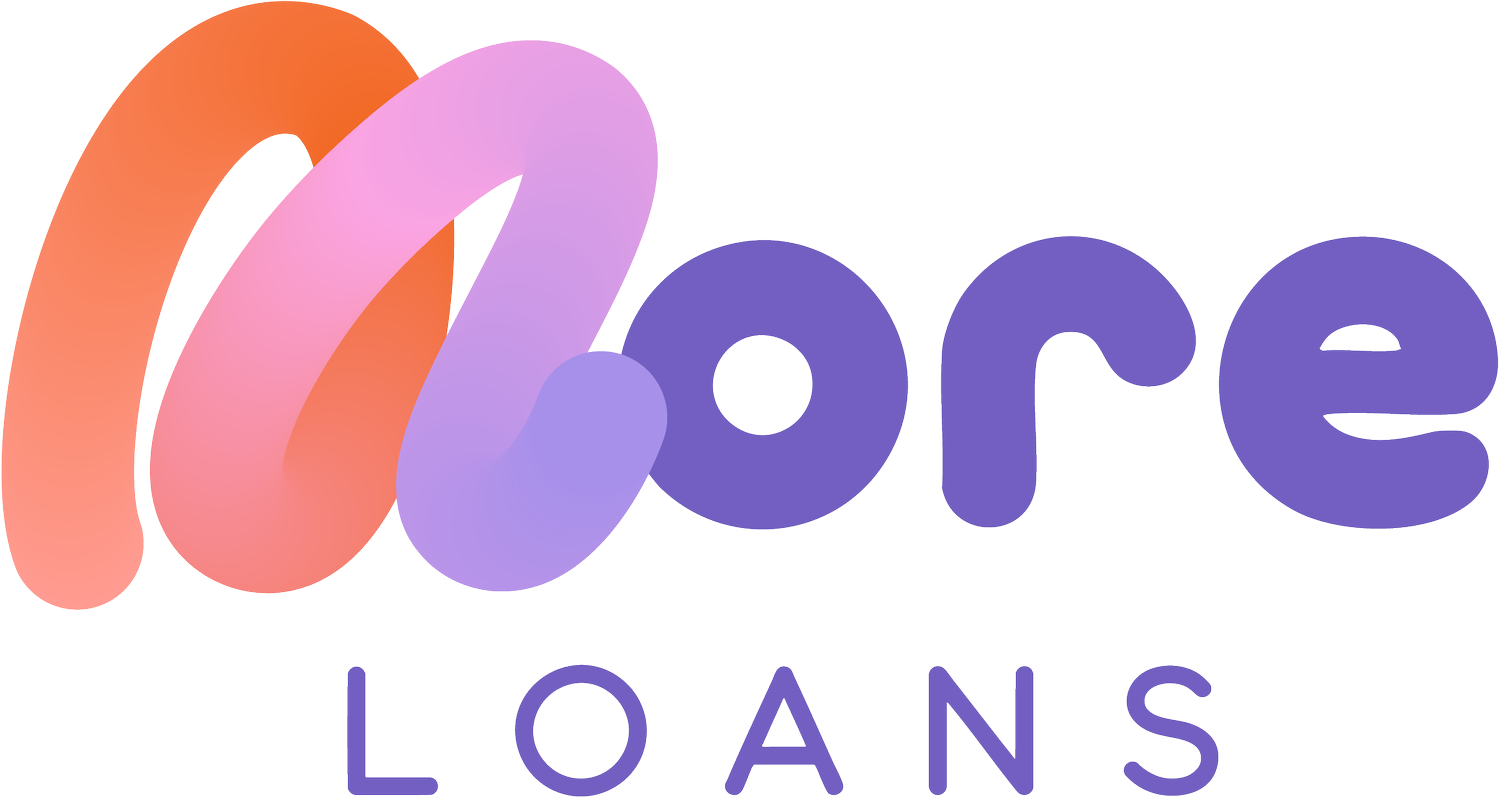Should I refinance my home loan?
Refinancing your home loan is a significant decision that could help you save money, reduce your monthly payments, or adjust your mortgage terms. But how do you know if refinancing is the right move for you? Let’s explore the reasons why refinancing might make sense, and what you should consider before making the leap.
What does refinancing mean?
Refinancing involves replacing your current home loan with a new one, typically with different terms. It allows you to pay off your existing mortgage with a new loan, potentially at a better interest rate or with a different loan structure. There are various reasons why homeowners might choose to refinance, and understanding when it makes sense for you is key to making the right choice.
When does refinancing make sense?
Lower interest rates: One of the most common reasons for refinancing is to take advantage of lower interest rates. If market rates have dropped since you took out your original loan, refinancing could help you secure a lower rate, saving you money over the life of the loan. Even a small drop in interest rates can make a significant difference in your monthly payments and the total interest you pay.
Changing loan terms: Refinancing can also allow you to change the length of your loan. If you can afford higher payments, refinancing to a shorter loan term (such as moving from a 30-year to a 15-year loan) can help you pay off your mortgage faster and save money on interest. On the other hand, if you’re looking to reduce your monthly payments, you can extend your loan term, though this could mean paying more in interest over the long term.
Switching loan yypes: Refinancing can be a great option if you want to split your loan between fixed and variable rates. For example, if you want the security of a fixed rate while still benefiting from the flexibility of a variable rate, a split loan allows you to have the best of both worlds.
Cash-out refinancing: If your home has appreciated in value, you may be eligible for a cash-out refinance. This involves borrowing more than you owe on your existing loan and receiving the difference in cash. This money can be used for home improvements, debt consolidation, or other financial goals. However, keep in mind that this option increases your loan balance, and you may pay higher interest rates or face additional fees.
Factors to consider before refinancing
While refinancing can be beneficial, it’s not the right choice for everyone. Here are some factors you should consider before making a decision:
Refinancing costs: Refinancing typically involves closing costs, which can include application fees, appraisal fees, and loan origination fees. These costs can range from 2% to 5% of the loan amount, so it’s important to ensure that the savings from refinancing outweigh these upfront costs.
How long you plan to stay in your home: If you plan to move in the next few years, refinancing may not be worth it, as you might not have enough time to recoup the costs of refinancing through savings on your monthly payments. However, if you plan to stay in your home for a longer period, refinancing could offer significant long-term savings.
Your credit score and financial situation: Your credit score and overall financial health play a crucial role in determining whether you qualify for refinancing and the terms you will receive. If your credit score has improved since you first took out your mortgage, you may qualify for a lower interest rate, making refinancing more appealing.
Impact on your debt: If you choose a cash-out refinance, you’ll be increasing your loan balance, which means higher monthly payments and more interest over the life of the loan. Make sure you weigh the benefits of having extra cash against the long-term cost of a larger loan.
Is refinancing right for you?
In the end, refinancing can be a great way to reduce your monthly payments, lower your interest rate, or change the terms of your mortgage. However, it’s essential to weigh the pros and cons and consider how refinancing aligns with your long-term financial goals.
At More Loans, we’re here to guide you through the refinancing process and help you find the best home loan options to suit your needs. Interested in seeing how much you could save? Reach out today, and let’s make refinancing work for you!
